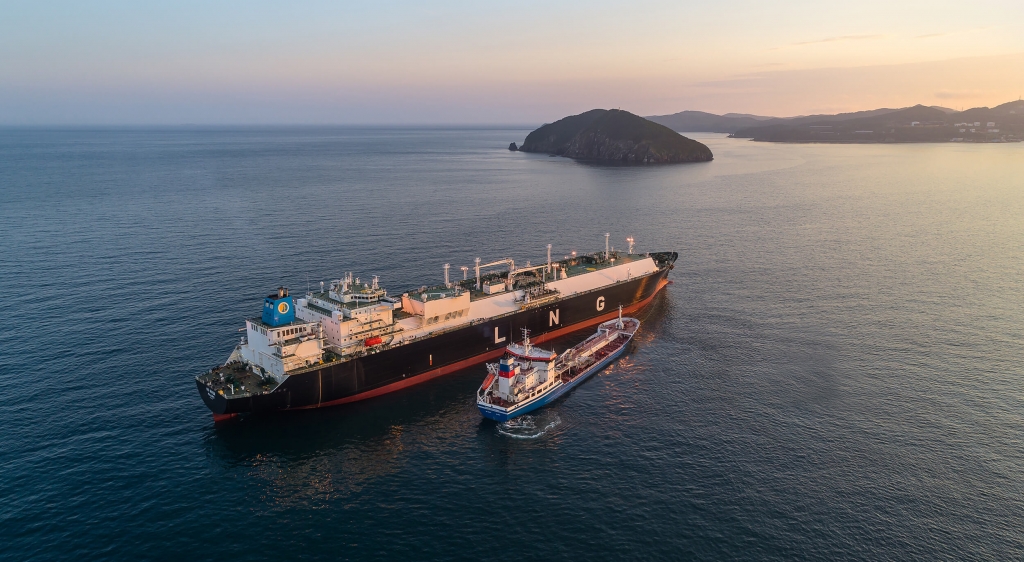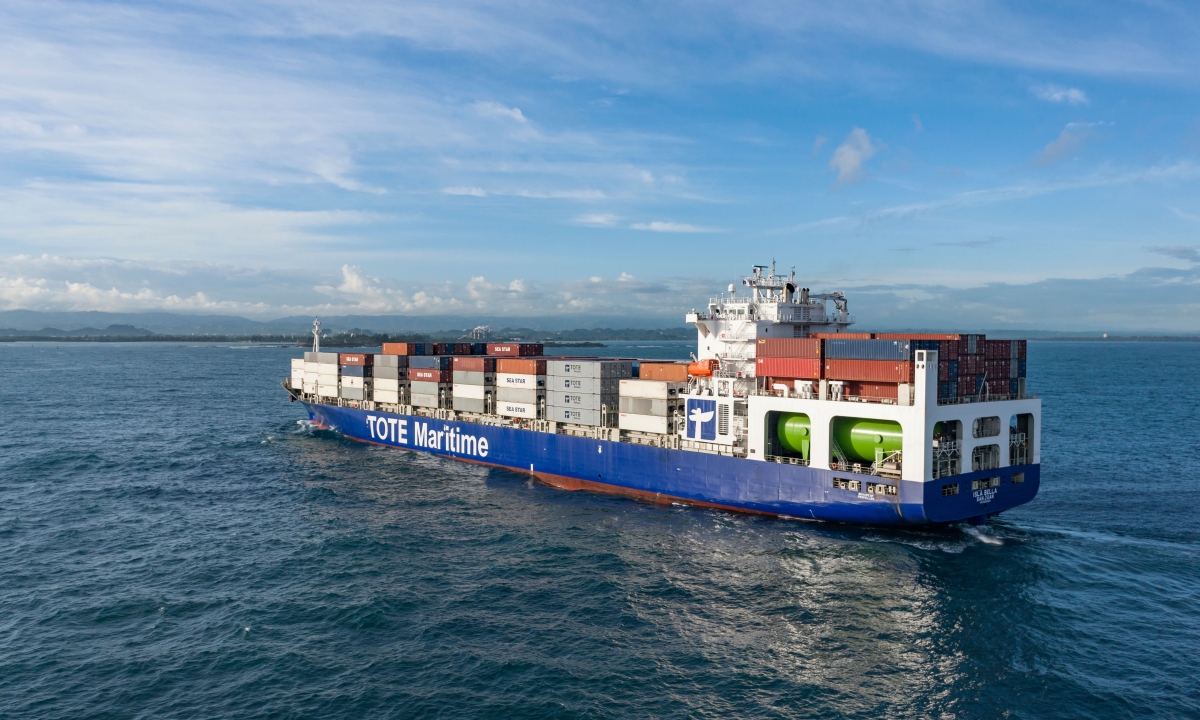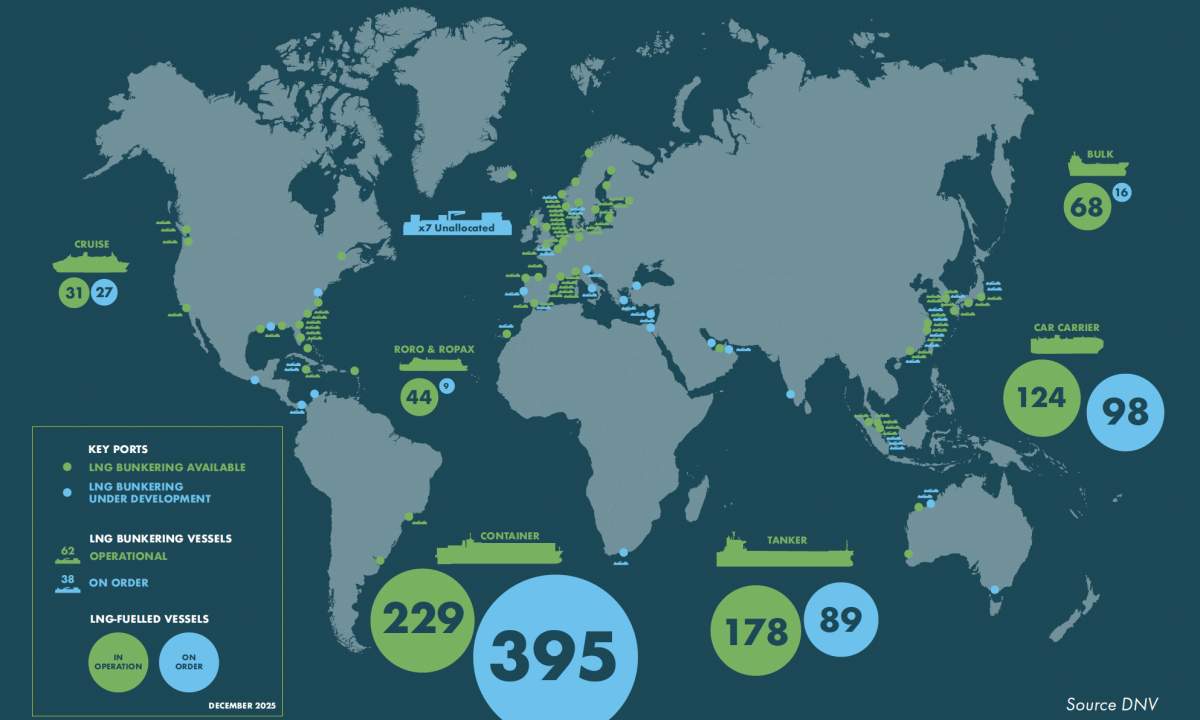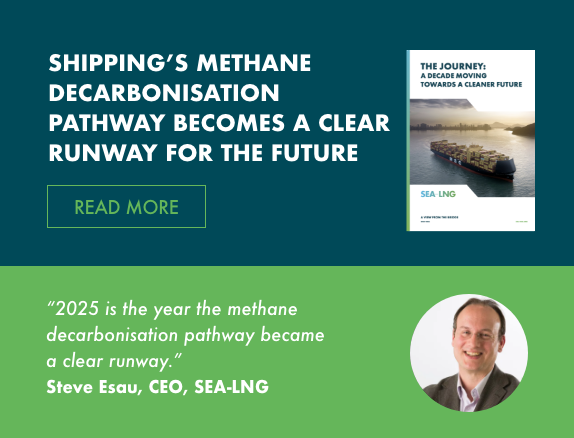25th August 2020
LNG – The Only Viable Fuel

LNG and the pathway to shipping industry decarbonisation
The global shipping industry is facing a period of unprecedented change. Only last year ship-owners and operators were struggling with how to respond to the introduction of the IMO’s sulphur cap – a “once in a decade” challenge. Having successfully negotiated the SOx hurdle; the industry has scarcely had time to draw a breath as climate change has risen rapidly up the regulatory agenda. This change is both at the IMO, with the ongoing implementation of its Greenhouse Gas (GHG) Strategy, and on the European stage with the introduction of the far-reaching Green Deal. And on top of this, COVID-19 has caused a massive shock to the global economic system with unknown long-term consequences.
Not only is the regulatory landscape changing rapidly, but new technology developments are being announced almost every week. Academics and industry commentators are making claims for different decarbonisation pathways, and new industry coalitions are springing up like mushrooms. Too often the decarbonisation debate seems to descend into “my solution versus your solution”. The art of the possible or practical appears to be forgotten, especially in the area of international maritime operations and regulation.
The understandable response of the shipping industry to this confusing situation is to pause and assess.
To continue reading, download the report below….
LNG - THE ONLY VIABLE FUEL. Download the full report

Waiting for a “utopian solution” risks locking the maritime industry into the highly polluting conventional oil-based marine fuels for years, if not decades, to come.



